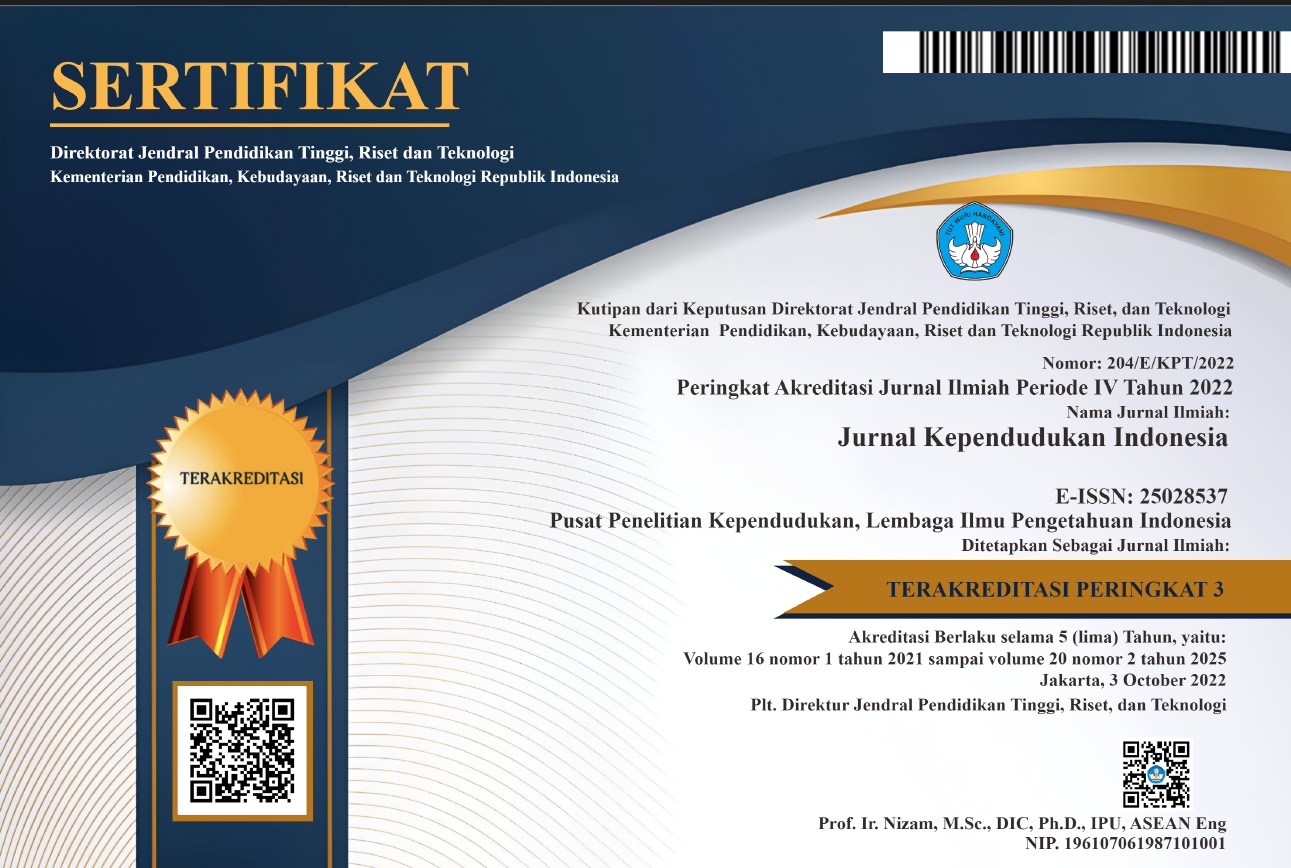Wabah virus korona dan momentum evaluasi rezim ketahanan pangan di Indonesia
DOI:
https://doi.org/10.14203/jki.v0i0.569Keywords:
COVID-19, pandemic, peasant, food security regimeAbstract
This study will explore the production approach of the food security regime in Indonesia, which increasingly marginalized peasant during the COVID-19 pandemic. The production approach emphasizes the role of global governance by encouraging trade liberalization and the large role of corporations to control the supply chain from upstream to downstream creating vulnerability to peasant. The COVID-19 pandemic has led to a decline in market share of peasant agricultural products due to the closure of the wholesale market that supplies hotels and restaurants. The results of the study show that government policy during the COVID-19 pandemic increasingly benefited food corporations by easing operating hours for modern retailers and fixing selling prices that benefited corporations. Meanwhile, peasant are increasingly marginalized during the Corona virus outbreak in the operation of the food security regime with restrictions on the operation of traditional markets, price adjustments at the farm level, and the involvement of agribusiness application companies that are envisaged to help marketing, but in reality do not necessarily give selling prices which is beneficial due to the low bargaining power of peasant.
Downloads
Published
How to Cite
Issue
Section
License
Copyright (c) 2020 Author(s)

This work is licensed under a Creative Commons Attribution-ShareAlike 4.0 International License.

